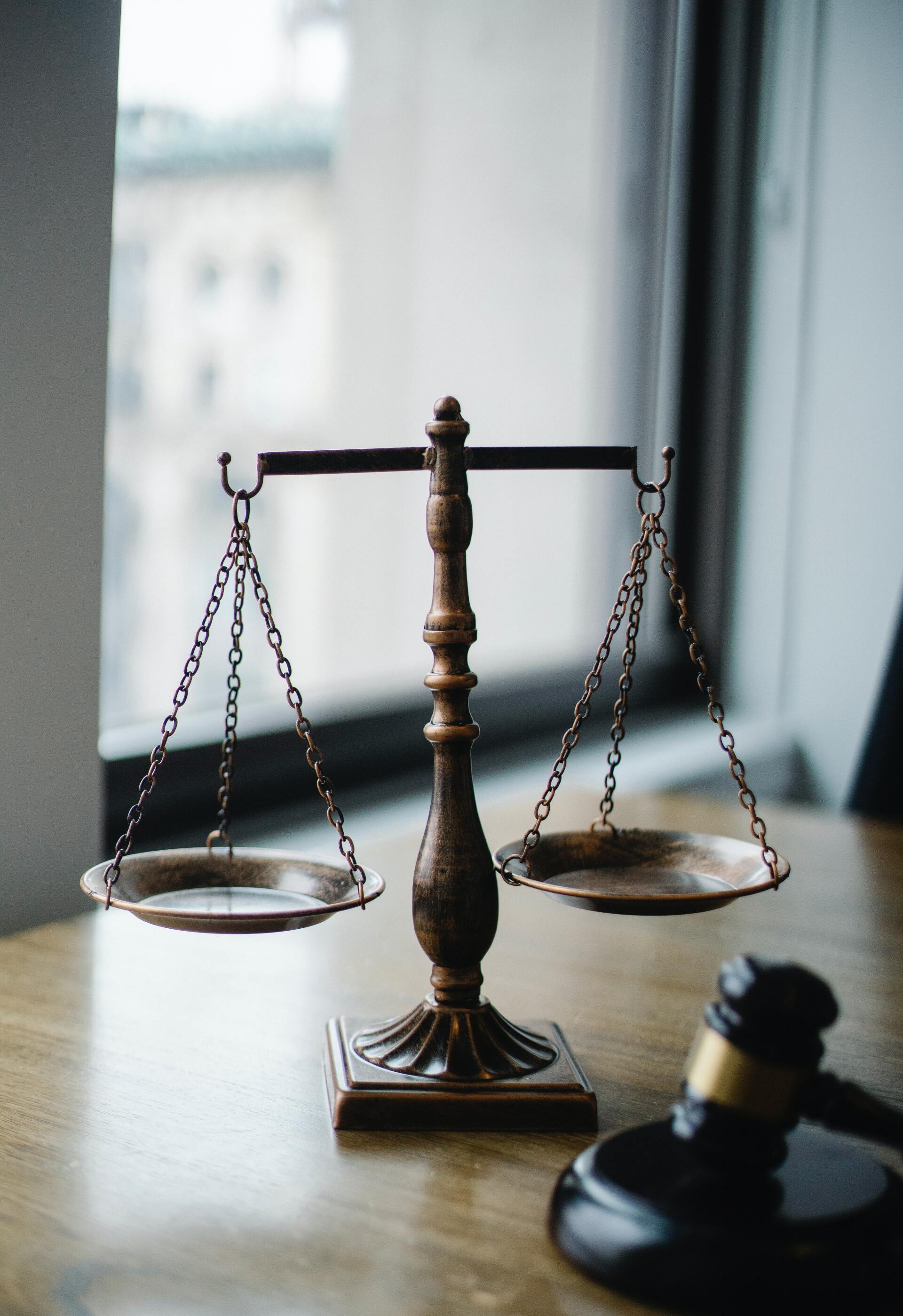
The Misconception That Public Defenders Are Free

It is assumed by many that public defenders are provided to criminal defendants at no cost to the defendant. This is inaccurate.
At the outset, every person in the State of Utah pays public defenders through local and state taxes, including sales tax. This occurs in two ways, the first is at the State level, where those taxes go into a general fund which in turn is used to fund numerous State projects. One of those is funding the Utah Indigent Defense Commission which in turn provides grant money to the various counties and cities in Utah to subsidize their respective public defender programs. See IDC Website.
The second way those taxes fund public defense is through local taxes being collected by counties and cities and then being used as the primary source of paying for indigent defense. E.g. Cache County Budget.
Because these local and state general funds are comprised of money coming in through various taxes such as income and sale tax, every person, including the indigent defendants, are paying into that system.
While the general funds of the cities, counties, and State governments are the primary source of funding for public defenders in Utah, the indigent defendants themselves can sometimes be ordered to pay for their public defender. U.C.A. §§ 76-3-201, 77-32b-104, and 78B-22-1002. The ability of a court to order some indigent defendants to pay for their public defender has been upheld by the United States Supreme Court as constitutional as long as certain criteria are met. Fuller v. Oregon, 417 U.S. 40 (1974). However, such an order can only be imposed where the court makes a determination that the indigent defendant can afford to pay. Id. and U.C.A. § 78B-22-1002.
This begs the question: if the public defender is being appointed to someone who is too poor to hire his or her own attorney, how can the court later decide the indigent defendant can in fact pay for his attorney now? The reality is that in most cases this does not happen and consequently the indigent defendant is not ordered to pay for his or her public defender. Rather, this occurs most often where the defendant was indigent at the time he or she was appointed an attorney but were later able to gain employment or improved financial circumstances such that now they can afford to pay. In fact, it is this precise scenario both the Supreme Court and Utah statute envision when permitting indigent defendants to be ordered to pay for public defense. See Fuller, 417 U.S. 40 and U.C.A. § 78B-22-1002.
I see this play out most often in situations where a defendant is arrested and either due to the arrest itself, or due to being held in jail for a prolonged period before being released, the defendant loses employment. This loss of employment qualifies the defendant for a public defender and one typically gets appointed. Indeed, it is often only because the defendant got the assistance of an attorney that they could get a reasonable pre-trial release from jail. Once released from jail the defendant regains employment but the public defender continues on the case to avoid unnecessary delay in the judicial process.
The problem that arises in this circumstance is that far too often, the only person paying attention to this scenario is the public defender and the defendant. The defendant is not aware that his or her new employment may subject him or her to the public defender recoupment fee and so doesn’t say anything. The public defender is the representative of the defendant and cannot operate against the client’s interest and so the public defender cannot speak up and ask the court to impose the recoupment fee. This leaves the judge and probation as the only viable entities to recognize the situation and include an order for recoupment in the sentence. Unfortunately, this circumstance is not always obvious and the judges and probation miss it frequently. The result is that considerable sums that could be collected to offset the costs of public defense is not being assessed.
This is not to say that I believe the courts and/or probation should become more aggressive about imposing the recoupment fee. To the contrary, as I will discuss in another blog post, the financial fleecing of society’s poorest individuals is an unproductive, if not harmful, policy and we should be avoiding imposing large financial costs on indigent individuals to the extent possible. Rather, I mean only to explain that under the current legal framework in Utah, the courts could be imposing and collecting recoupment fees and people who may qualify for a public defender, even temporarily, should be aware that there is at least the possibility that they may be court ordered at a later date to pay for their public defender.

CONTACT
(385) 220-5051
cachedefendersoffice@gmail.com
cachedefendersoffice.com
105 W. 200 N., Ste. 2, Logan, UT, 84321
HOURS OF OPERATION
- Mon - Thu
- -
- Friday
- -
- Sat - Sun
- Closed
Office visits by appointment only

